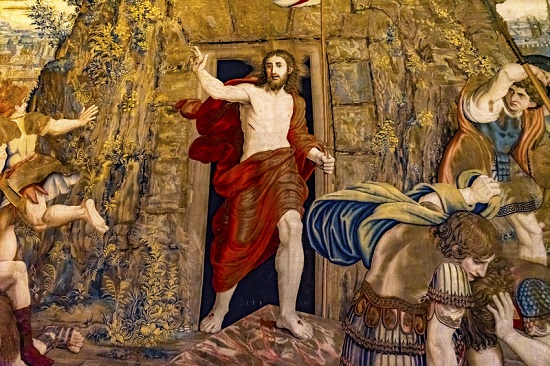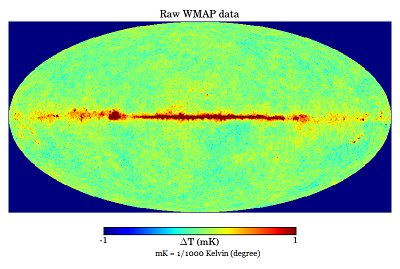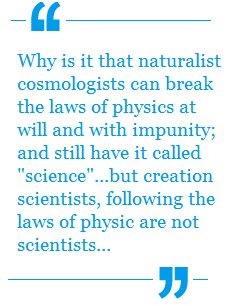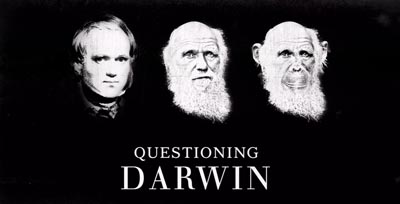
Tapestry depicting the resurrection hanging in the Vatican Museum
A Resurrection Day Meditation
Those who passed by hurled insults at him, shaking their heads and saying, “You who are going to destroy the temple and build it in three days, save yourself! Come down from the cross, if you are the Son of God!”
Matt 27.39-40
As I came to this passage while meditating on the passion narrative two things came to mind – a question and a conclusion. The question: If Jesus did come down from the cross, would those who hurled insults and mocked him have believed he was in fact the Son of God? The conclusion: No, most if not all who mocked would not have believed. The reason: there’s a recurring theme in scripture that talks about the spiritual blindness of people. It’s described as having eyes to see, but not seeing.[1] I’ll paraphrase it as missing the big picture.
Mockers at the Cross Miss the Big Picture
With the exception of the centurion who realized by his manner of death that Jesus was the Son of God (Mark 15.39), those at the cross who hurled insults were no doubt oblivious to the truth of Jesus’ identity and the many spiritual dynamics going on at the cross: That Jesus, the Son of God was, making atonement for the whole world (John 3.16) by dying in our stead on the cross. (1 Pe 3.18) And though Jesus could have commanded he be taken off the cross by angels (Matt 26.53); as Jesus had already pointed out to his disciples, if he did that, how would the scriptures be fulfilled that say it must happen this way (Matt 26.54) – with his death on a cross? Continue Reading



